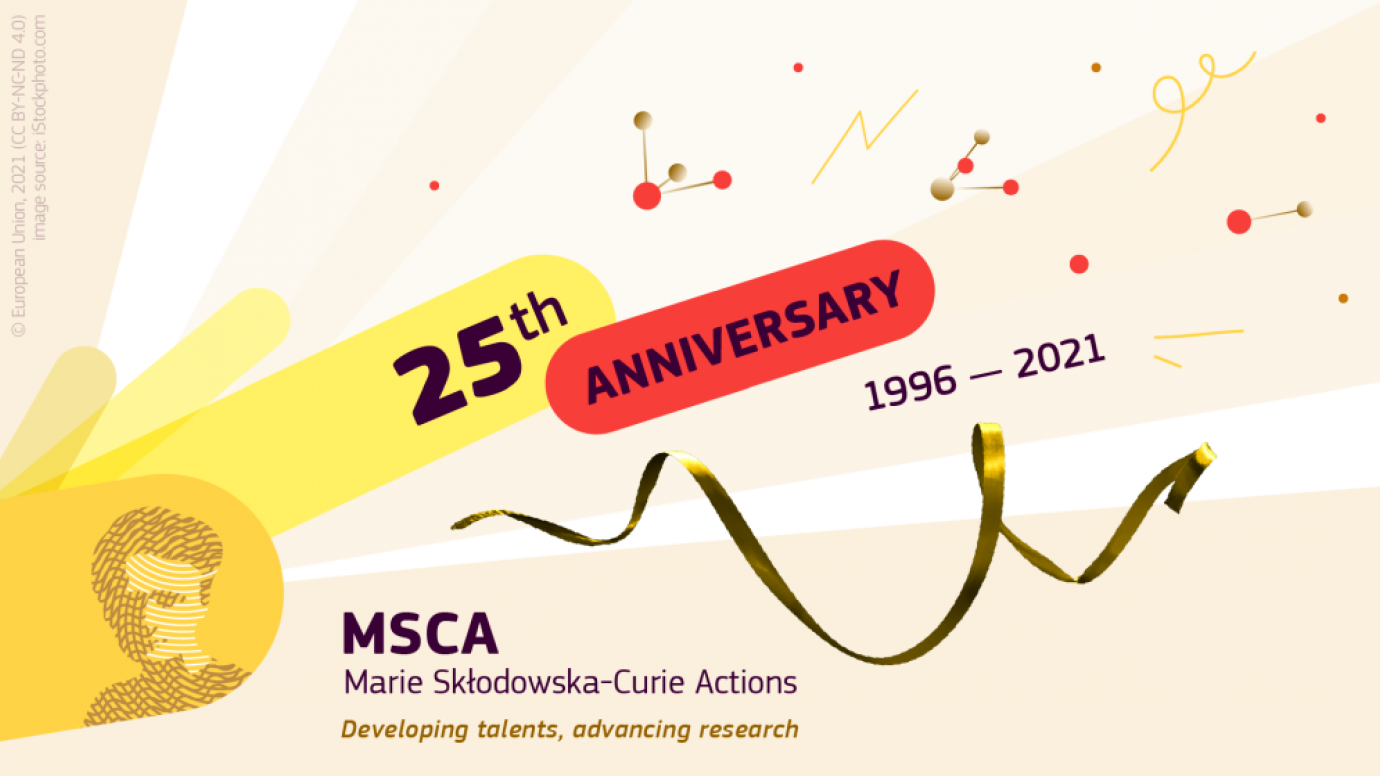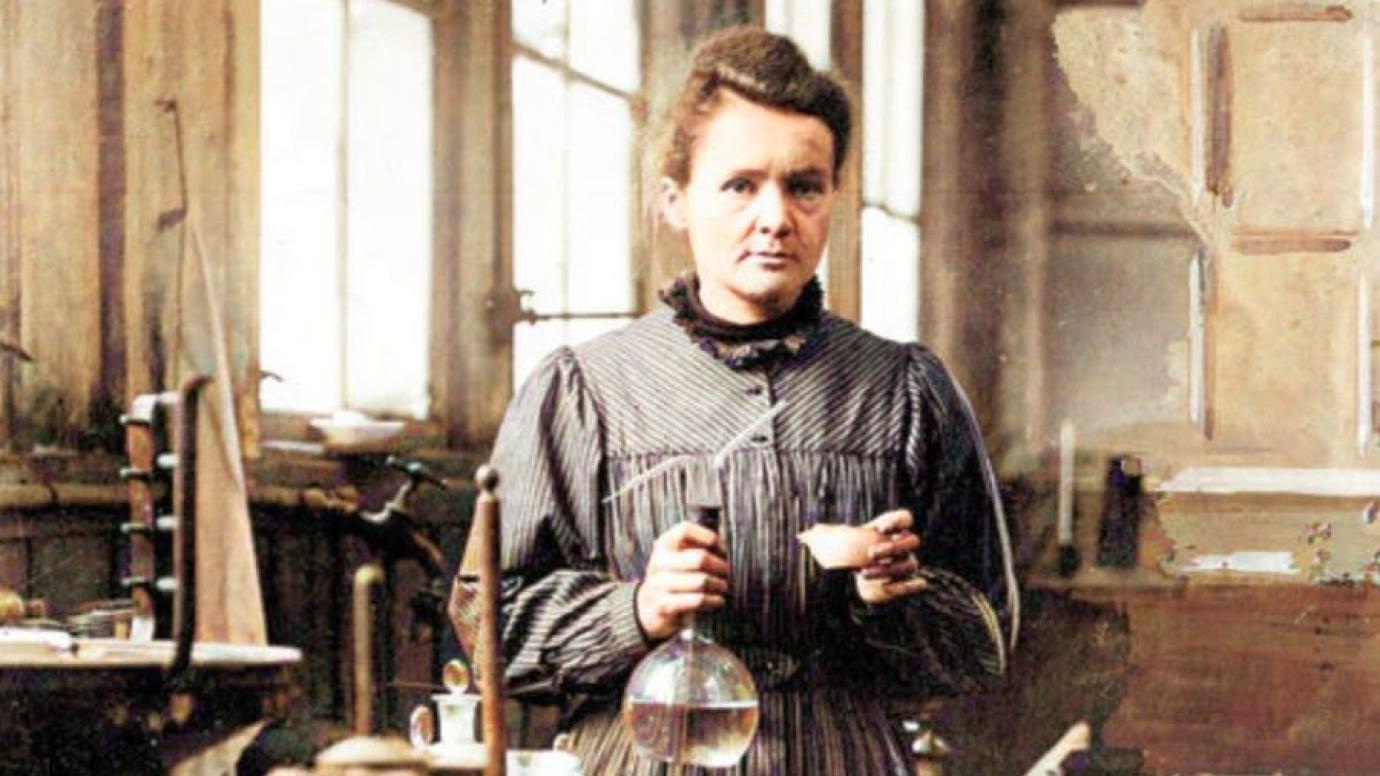Marie Skłodowska-Curie’s spirit of discovery lives on through MSCA
Since their beginning in 1996, the Actions have contributed a huge amount to scientific discovery and economic development in a wide range of fields and will continue to do so under Horizon Europe.

Celebrating its 25th anniversary in 2021, the Marie Skłodowska-Curie Actions (MSCA) programme represents the benchmark for excellence in doctoral and post-doctoral training, not just in Europe, but worldwide.
Since 1996, the Marie Skłodowska-Curie Actions have funded 145 000 researchers, 1 100 doctoral programmes and 8 500 research organisations in Europe and over 100 countries around the world.
The Actions are named in honour of the great Polish-French scientist, Marie Skłodowska-Curie (1867–1934).
To this day, she is admired for her scientific work on radioactivity and is remembered not only as the first woman to win a Nobel Prize, and the first person to win it twice, but the only woman to win the award in two different fields, chemistry and physics.
Nobel Prize tradition
This extraordinary Nobel Prize tradition lives on through the Actions, with a total of 12 Nobel Laureates who have participated in the programme so far – the most recent being MSCA supervisors Benjamin List and David MacMillan, who earned the 2021 Nobel Prize in Chemistry.
MSCA-associated scientists have earned Nobel prizes across many disciplines, including medicine, economics, chemistry and physics.
With the MSCA open to top research talent in academic organisations and private industry, the stories of scientific success keep accumulating.
Marie Skłodowska-Curie was known for her versatility as well as her excellent science. Her passion for discovery meant she never ceased innovating.
The grants in her name have set the standard for attracting the most talented researchers from across the world and promoting their mobility between countries and across disciplines and sectors.

Spirit of discovery
With mobility comes knowledge transfer and the growing recognition of the leading role of European science in the world. The cross-sectoral aspects of MSCA give researchers the opportunity to develop their entrepreneurial spirit, which is key to maintaining a healthy economy and boosting job creation.
Researchers say they appreciate the way MSCA gives them the freedom to pursue their research passions and make their breakthroughs.
As the great scientist herself once said, “Nothing in life is to be feared, it is only to be understood. Now is the time to understand more, so that we may fear less.” On the 25th anniversary of the programme, the bold spirit of discovery that Marie Curie Sklowdowska embodied lives on through the Actions.
The MSCA programme continues to move forward through Horizon Europe with an expanded budget of EUR 6.6 billion and a target to fund 65,000 excellent researchers by 2027. Follow the links below to learn more and find out how to apply.
Celebrating the 25th anniversary of MSCA
You can download the video from the Commissions Audiovisual Service.
MSCA — By the Numbers
| Number | Achievement |
|---|---|
| 154 | Years since the birth of Marie Salomea Skłodowska Curie, on 7 November 1867, Warsaw, Poland |
| 2 | Nobel Prizes earned by her, in physics and chemistry, the first person to achieve a double in two disciplines |
| 25 | Years since the foundation of the Marie Sklowdowska Curie Actions in 1996 |
| 11,770 | Research projects funded since 1996 |
| 145,000 | Supported PhDs and postdoctoral researchers |
| 1,100 | Doctoral programmes funded |
| 12 | Nobel Laureates who worked on, or with, MSCA as fellows, supervisors or coordinators |
| 5050 | Companies funded, including 2300 SMEs |
| 38% | Of the MSCA Fellows come from outside the EU |
| €6.6 billion | The budget of the Marie Curie Skłodowska Actions under Horizon Europe, the new European research and innovation programme for 2021-2027 |
Last updated:


